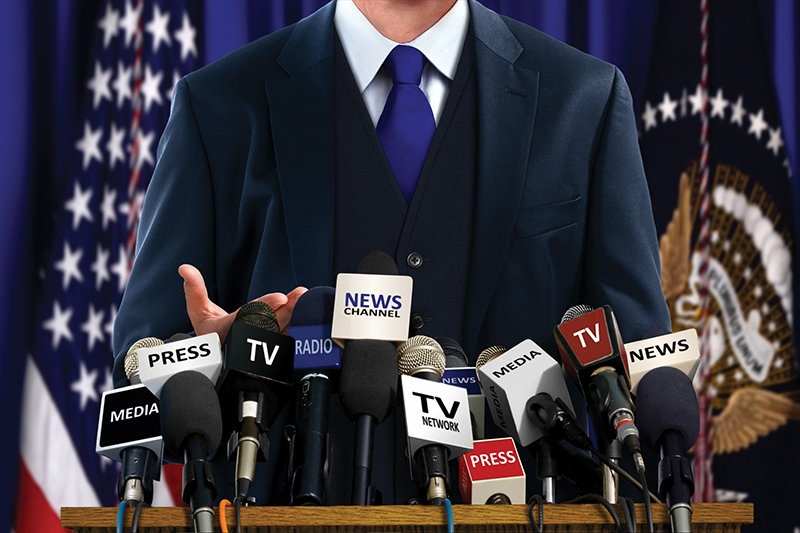
Election season this year will be a critical opportunity for newsrooms to explain the role they play in local communities and a functioning democracy. Publishers and editors should step up to the challenge with an unprecedented level of transparency, ethical rigor and thoughtfulness about the perceptions and misperceptions of readers.
Local elections bring more than just additional eyeballs. Readers who might tune out otherwise start to think about the nuts and bolts of local government and civic issues. And especially when it comes to editorial page endorsements of candidates, for example, it’s a peak time for readers thinking and asking questions about the role news organizations play in the process.
Studies have shown what most of us would guess—that many readers don’t have a strong grasp on the difference between news articles and opinion pieces. As we approach the first major election since the country and world started coming to grips with an explosion of misinformation and “fake news” campaigns, that problem is exacerbated.
And it’s likely to get worse. Numerous examples have emerged over the past year of homegrown fake news efforts in local political races—candidates, political parties or third party groups mimicking news articles to smear opponents with false accusations. And an investigation into Russia’s attack on the election process in 2016 showed that foreign operatives took advantage of America’s trust in local news by creating social media accounts such as “@Seattle_Post and @CamdenCityNews” that mimicked local news outlets.
Legitimate news organizations can no longer assume that the average reader knows to trust their reporting over a random pop-up web page, social media post, YouTube video or meme. They’ve got to explain who they are and the journalistic standards and process that went into each article. And critically, because readers discover content via social media and search, not necessarily in a print edition or on a homepage, these kinds of explanations should be attached to individual stories, not just listed on an “About Us” page (although that’s a good start).
Most newsrooms focus only on covering the story, and let that work speak for itself. That’s not good enough anymore. At the outset, and probably more frequently than seems necessary over the course of election coverage, news organizations should write about why they cover elections and how they cover elections, invite readers to ask about the process, and then answer those questions while trying not to be defensive.
This is especially critical when it comes to endorsement of candidates and publishing opinion pieces related to the elections. For readers confused by misinformation campaigns and partisan sites, how do you explain why a newspaper that claims to be a neutral arbiter of facts is siding with one candidate or issue over another? Maybe every editorial should explain what an editorial is, who writes them, who is on the newspaper’s editorial board, if there is one, and how it deliberates.
If a news organization is publishing opinion pieces alongside straight news articles, how about explaining the difference each time, and maybe even explaining why you chose to run this particular piece? (Hey, if editors asked themselves that question about every op-ed, maybe some of them wouldn’t run in the first place.)
News organizations will also have to deal this year, in an unprecedented way, with politicians (and the readers who are loyal to them) crying “fake news” over well-sourced, legitimate news reporting that makes their side look bad. What will be publishers’ answer to this, and will they be bold enough to push back and explain the difference to readers at-large as loudly and frequently as necessary?
And finally, beyond explaining the standards their own journalism is held to, news organizations must explain how partisan propaganda and misinformation campaigns fall short of those standards or wholly reject them.
Newsrooms’ role in fact-checking candidates and third party sources of information in this election season is more critical than ever. But even that process—from deciding which fact-checking stories to pursue to the sources used to write them—must be explained to readers.
 Matt DeRienzo is executive director of LION Publishers, an organization that supports local independent online news publishers from across the country. He is a longtime former newspaper reporter, editor, publisher and corporate director of news.
Matt DeRienzo is executive director of LION Publishers, an organization that supports local independent online news publishers from across the country. He is a longtime former newspaper reporter, editor, publisher and corporate director of news.
Comments
No comments on this item Please log in to comment by clicking here